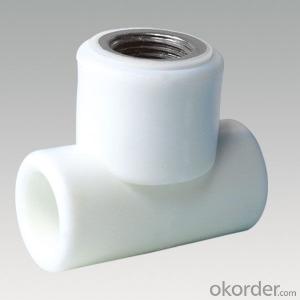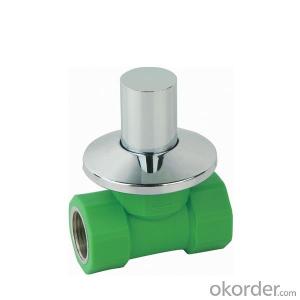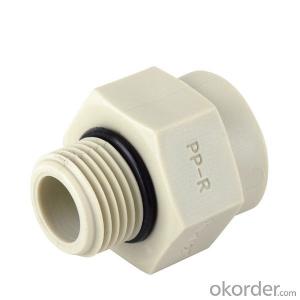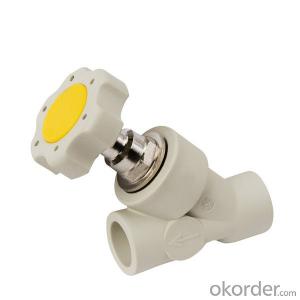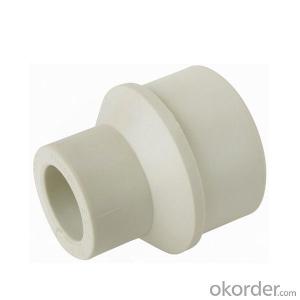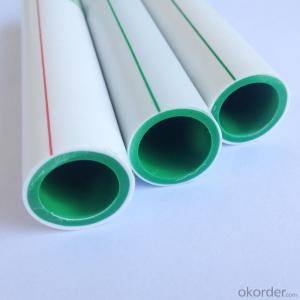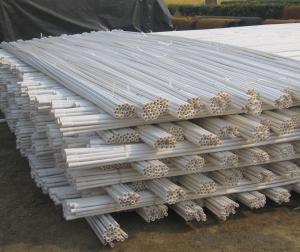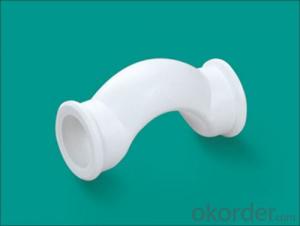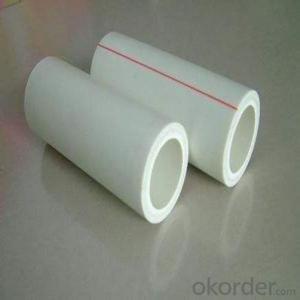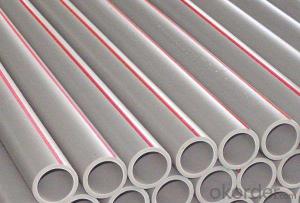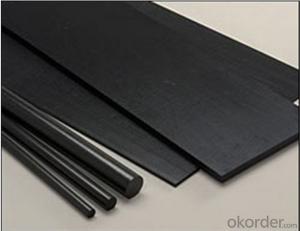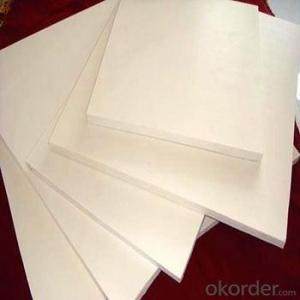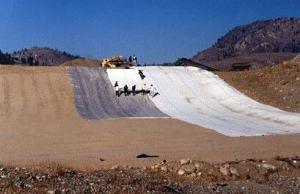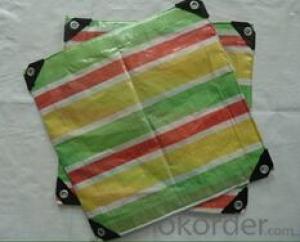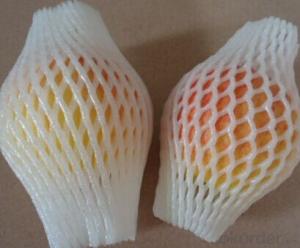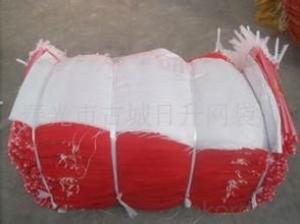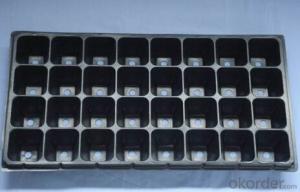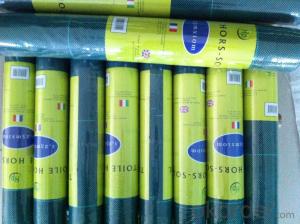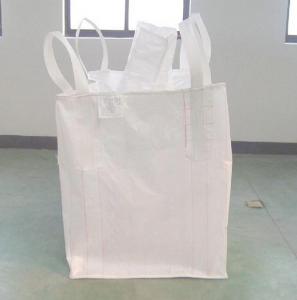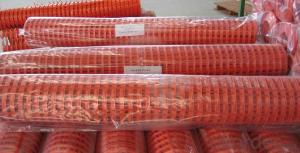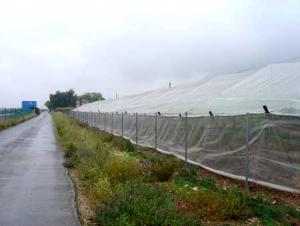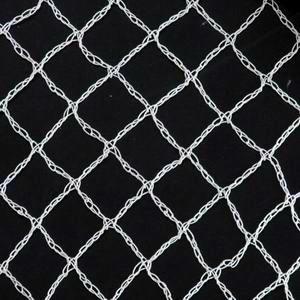All Categories
- - Steel Wire Rod
- - Steel Coils
- - Steel Profiles
- - Steel Pipes
- - Stainless Steel
- - Tinplate
- - Special Steel
- - Steel Sheets
- - Steel Rebars
- - Steel Strips
- - Hot Rolled Steel
- - Cold Rolled Steel
- - Pre-painted Steel
- - Seamless Steel Pipe
- - Welded Steel Pipe
- - Hollow Steel Tubes
- - Galvanized Pipe
- - Stainless Steel Coil
- - Stainless Steel Sheet
- - Stainless Steel Plate
- - Stainless Steel Strips
- - Electrolytic Tinplate Coil
- - Electrolytic Tinplate Sheet
- - Stainless Steel Rebars
- - Solar Panels
- - Solar Water Heater
- - Solar Related Products
- - Solar Inverter
- - Solar Cells
- - Solar Light
- - Solar Energy Systems
- - Solar Controllers
- - Solar Mounting System
- - Solar Pump
- - Solar Chargers
- - Fiberglass Chopped Strand
- - Fiberglass Mesh Cloth
- - Composite Pipes
- - FRP Pultrusion Profiles
- - Fiberglass Mat Tissue
- - Fiberglass Fabrics
- - Fiberglass Mesh
- - Composite Tank
- - Fiberglass Mesh tape
- - Polymer
- - FRP Roofing Panel
- - Fiberglass Roving
- - Monolithic Refractories
- - Ceramic Fiber Products
- - Refractory Bricks
- - Raw Materials For Refractory
- - Suspended Platform
- - Cranes
- - Concrete Machinery
- - Earthmoving Machinery
- - Building Hoist
- - Road Building Machinery
- - Plastic Pipe Fittings
- - Plastic Tubes
- - Plastic Sheets
- - Agricultural Plastic Products
- - Plastic Nets
 All Categories
All Categories
Plastic Pipe FittingsView More
Plastic TubesView More
Plastic SheetsView More
Agricultural Plastic ProductsView More
Plastic NetsView More
Q & A
Are plastic products resistant to oil and grease?
Yes, plastic products are generally resistant to oil and grease.
How do plastic products affect wildlife?
Plastic products can have a detrimental impact on wildlife in several ways. Animals often mistake plastic debris for food and ingest it, leading to blockages and internal injuries, which can be fatal. Marine animals, in particular, are vulnerable to entanglement in plastic waste, such as fishing nets and six-pack rings, which can lead to suffocation, drowning, or severe injuries. Moreover, plastic pollution can alter ecosystems and disrupt food chains, as microplastics can accumulate in the bodies of organisms, affecting their growth, reproduction, and overall health. Overall, the presence of plastic products in the environment poses a significant threat to the well-being and survival of many wildlife species.
How are plastic garden pots made?
Plastic garden pots are made through a process called injection molding. In this process, plastic pellets are melted and injected into a mold under high pressure. The mold is then cooled, allowing the plastic to solidify and take the shape of the pot. After that, the pots are removed from the mold, any excess plastic is trimmed, and finishing touches such as drainage holes or decorative patterns are added.
Can plastic products release harmful chemicals?
Yes, plastic products can release harmful chemicals. Many plastics contain additives such as phthalates, bisphenol A (BPA), and flame retardants, which can leach into food, water, or the environment. These chemicals have been linked to various health problems, including hormonal disruptions, reproductive issues, and certain types of cancer. Therefore, it is important to be aware of the potential risks associated with plastic products and take steps to minimize exposure.
Are plastic bottles safe for reuse?
Plastic bottles can be safe for reuse, but it depends on various factors. If a bottle is made from food-grade plastic and hasn't been damaged or degraded, it can generally be reused safely. However, it's important to note that reusing certain types of plastic bottles, especially those not intended for multiple uses, may pose health risks due to potential leaching of harmful chemicals. It's best to check the recycling symbol on the bottle, follow manufacturer's instructions, and use caution when reusing plastic bottles.
Wholesale Plastic Products from supplier in Russia
Whether you require plastic pipes, fittings, sheets, or other plastic products, we have a wide selection to meet your needs. Our team of experts is dedicated to providing excellent customer service and ensuring that you receive the highest quality products at competitive prices.
In addition to our sales and quotation services, we also offer technical support to assist you in choosing the right plastic products for your specific requirements. Our knowledgeable staff can provide guidance on product specifications, installation techniques, and maintenance procedures.
As a subsidiary of CNBM, one of the largest building materials companies in the world, we have access to a vast network of suppliers and resources. This allows us to offer comprehensive procurement solutions, ensuring that you have everything you need for your plastic products projects.
We understand the unique challenges and opportunities of the Russian market and have tailored our services to meet the specific needs of our customers in the region. Our years of experience in Russia have given us valuable insights and established strong relationships with local partners, enabling us to provide exceptional support for your projects.
Whether you are a contractor, builder, or distributor, we are confident that our range of plastic products and our dedicated team will exceed your expectations. Contact us today to discuss your requirements and see how we can assist you in your plastic products procurement needs in Russia.
In addition to our sales and quotation services, we also offer technical support to assist you in choosing the right plastic products for your specific requirements. Our knowledgeable staff can provide guidance on product specifications, installation techniques, and maintenance procedures.
As a subsidiary of CNBM, one of the largest building materials companies in the world, we have access to a vast network of suppliers and resources. This allows us to offer comprehensive procurement solutions, ensuring that you have everything you need for your plastic products projects.
We understand the unique challenges and opportunities of the Russian market and have tailored our services to meet the specific needs of our customers in the region. Our years of experience in Russia have given us valuable insights and established strong relationships with local partners, enabling us to provide exceptional support for your projects.
Whether you are a contractor, builder, or distributor, we are confident that our range of plastic products and our dedicated team will exceed your expectations. Contact us today to discuss your requirements and see how we can assist you in your plastic products procurement needs in Russia.
Hot Search
- Plastic Pipe Fittings in Luxembourg
- Plastic Tubes in Guyana
- Plastic Sheets in Uruguay
- Agricultural Plastic Products in Nicaragua
- Plastic Nets in Mozambique
- Plastic Pipe Fittings in Botswana
- Plastic Pipe Fittings in Honduras
- Agricultural Plastic Products in Turkmenistan
- Plastic Pipe Fittings in Haiti
- Plastic Pipe Fittings in Ireland
